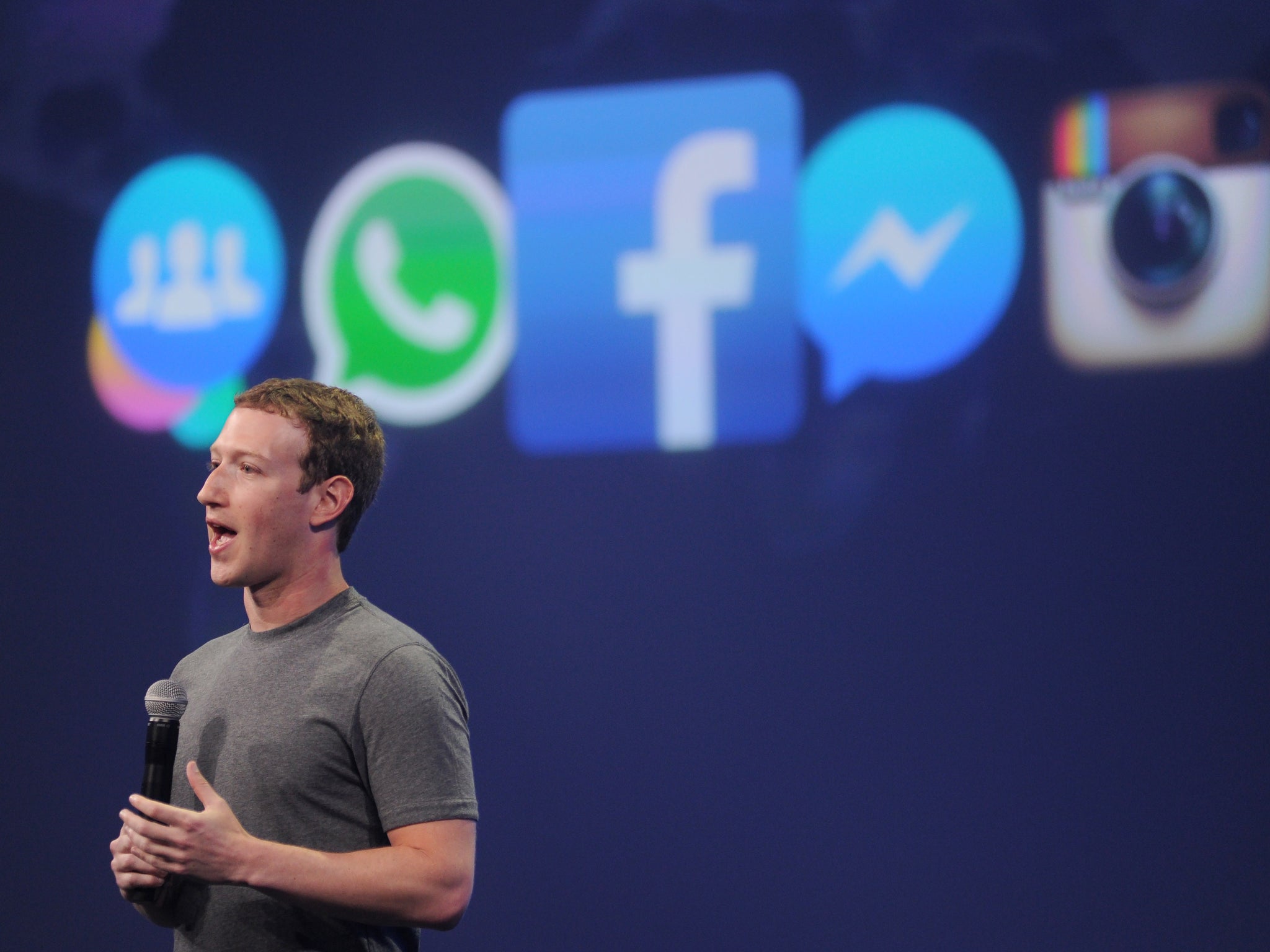The encryption debate is about all of our personal messages – and that must be acknowledged
If we concentrate on the extremes, we overlook the benign way the technology is used by the majority

Your support helps us to tell the story
From reproductive rights to climate change to Big Tech, The Independent is on the ground when the story is developing. Whether it's investigating the financials of Elon Musk's pro-Trump PAC or producing our latest documentary, 'The A Word', which shines a light on the American women fighting for reproductive rights, we know how important it is to parse out the facts from the messaging.
At such a critical moment in US history, we need reporters on the ground. Your donation allows us to keep sending journalists to speak to both sides of the story.
The Independent is trusted by Americans across the entire political spectrum. And unlike many other quality news outlets, we choose not to lock Americans out of our reporting and analysis with paywalls. We believe quality journalism should be available to everyone, paid for by those who can afford it.
Your support makes all the difference.Judging by the the simplistic way encryption is so often discussed you'd be forgiven for thinking that the technology is only used by two very specific kinds of people: the worst villains and the best heroes.
The National Crime Agency – whose director of threat leadership has just come out with a wide-ranging attack on the technology – naturally concentrates its fire on the worst people in society. Rob Jones was speaking after the jailing of a prolific paedophile, and suggested that such convictions would not be possible if Facebook presses ahead with plans to better secure the conversations in its messages.
At the other end of the spectrum are the human rights, press freedom and civil liberty groups that strongly encourage the use of such technologies. They argue that weakening encryption will mean that journalists and activists who have a complicated relationship with the state and other powerful actors will come under threat.
They are both correct. Encryption protects everyone who uses it; as a technology, it has no care for whether it is protecting messages sent by abusers or dissenters. That's because all encryption really does is is make sure that messages aren't intercepted on their way between their sender and recipient; technically, it means that messages are illegible unless you are meant to be able to see them.
That's why concentrating on those extreme ends of the argument will inevitably leave the vast majority – those who use their phones primarily to chat with friends or check their bank balance – with little interest or representation in the argument.
The fact is that for every person at the extremes, there are millions of people for whom encryption ensures they remain safe. Every bank transfer that is safe from being intercepted, every message conversation that isn't snooped on, every sensitive picture that is not seen by hackers or spies is thanks to the technology underpinning encryption.
All of those cases need to be part of the argument. Do we agree that it is good our conversations are protected, even if that extends to conversations that we don't think should be happening? Or do we think that it is worth giving up some privacy to make it easier for police and intelligence agencies to do their job? From the way the argument is conducted at the moment, it would be hard to know.
This is not to say that there is no place for those extreme arguments. How well protected our conversations should be, and whether we want to give up that security for safety through surveillance, is one of the most profound arguments there is.
But if we only talk at the extremes, we miss almost every way that encryption is used. Whichever way we ultimately decide the argument should fall, it must be done with the normal people whose lives it will affect in mind.
Encryption underpins every part of our life; there is no way in which it is a niche technology. The argument over its use should not confine itself to niches either.

Join our commenting forum
Join thought-provoking conversations, follow other Independent readers and see their replies
Comments